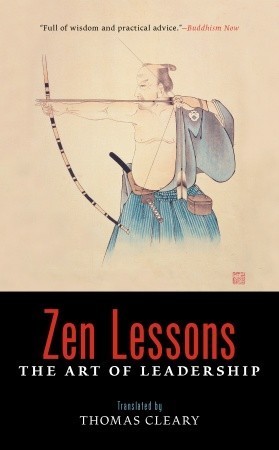Not gonna lie, I found this to be pretty boring.
This isn't a book about Zen, really. It's a collection of quotes from various Chan leaders (Chan is the Chinese precursor to Japanese Zen). The quotes aren't about Zen or Chan or Buddhism at all. The quotes are essentially tips on how to lead a community and complaints about how much people suck these days.
It's a boring book for lots of reasons.
The quotes are just snippets. There are hundreds of them, most of them say essentially the same thing, and none of them are long enough to go deep on any topic. You just got a bunch of paragraphs all driving home the same point, over and over again, but with no elaboration or deeper content.
But it's also boring because it's just boring as hell to hear people complain about how much better things used to be.
When I was a young theology student at a Christian college I was reading Tertullian as he complained (hundreds of years ago) about how much better things used to be, how the young people don't get it anymore, how the Christians of days gone by were REAL Christians. I realized he sounded just like the people of my own day bitching about how everything was great fifty years ago but nobody had any respect anymore. Which sounds like all the hardcore punks of my generation complaining about how the new generation of punks isn't "real" punk, just like all the hardcore guys before me complained that my generation wasn't really hardcore, just like all the old vegans complain that the new vegans don't get the struggle, like all the cranky grandparents complain that when they were 20 everything was better, on and on and on.
It's boring. It's silly. It's a waste of time.
There were snippets in here worth reading, and perhaps I'd take more from of it if I opened it and just read a page or two every now and then instead of reading through it all in a week or so, but really, I don't see myself going back to this often.

